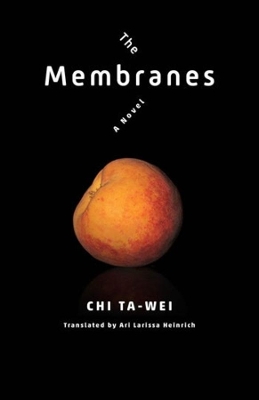Reviewed by nannah on
Content warnings:
- sexual assault and rape
- forced sexual reassignment surgery
- organ harvesting
- pedophilia
- cannibalism
Content warnings:
- almost every character is part of the LGBT community
- Momo can strongly be read as being aromantic
- Momo is also disabled, the survivor of (show spoiler)[ a deadly childhood virus, during which she needed several surgeries and organ transplants ]
- Momo can also strongly be read as being trans ("it was just an annoying bit of flesh")
In the late 21st-century, Momo is the best dermal care technician in T City, one of the many undersea domed cities humanity has now retreated to in the face of climate change. Corporations run the world and function on cyborg slavery. Momo keeps to herself and prefers it that way, but when she meets the mother she hasn't heard from in years, her sense of self, and the world around her, unravels.
I'll be honest, in the beginning and throughout much of the middle, I thought the writing was a bit clumsy, especially the dialogue. But the ideas were haunting. In my notes I have written, "My eyes are wide open, and I'm just over-examining everything, thinking 'what could that mean??'" Even though the book was written in the 90s, the author predicted so much about our current society and technologies correctly, it's wild.
And then in the second half I was convinced the text needed a bit more refining, because it read like a bunch of notes instead of prose — and then I was convinced it was the translation that was clumsy. But reading the translator's notes (because, unfortunately, I blamed the author and the translator for things I should've picked up myself in the text) cleared up why the prose began to unravel into this sort of stream-of-consciousness kind of messy narration, and I began to see the genius of it. While it doesn't seem that way, every detail in this book is very deliberate. It's so difficult not to spoil everything in this review! I'm not even sure what more I can say.
I guess, if you can get a hold of this book, read it!
Reading updates
- Started reading
- 23 January, 2023: Finished reading
- 23 January, 2023: Reviewed
